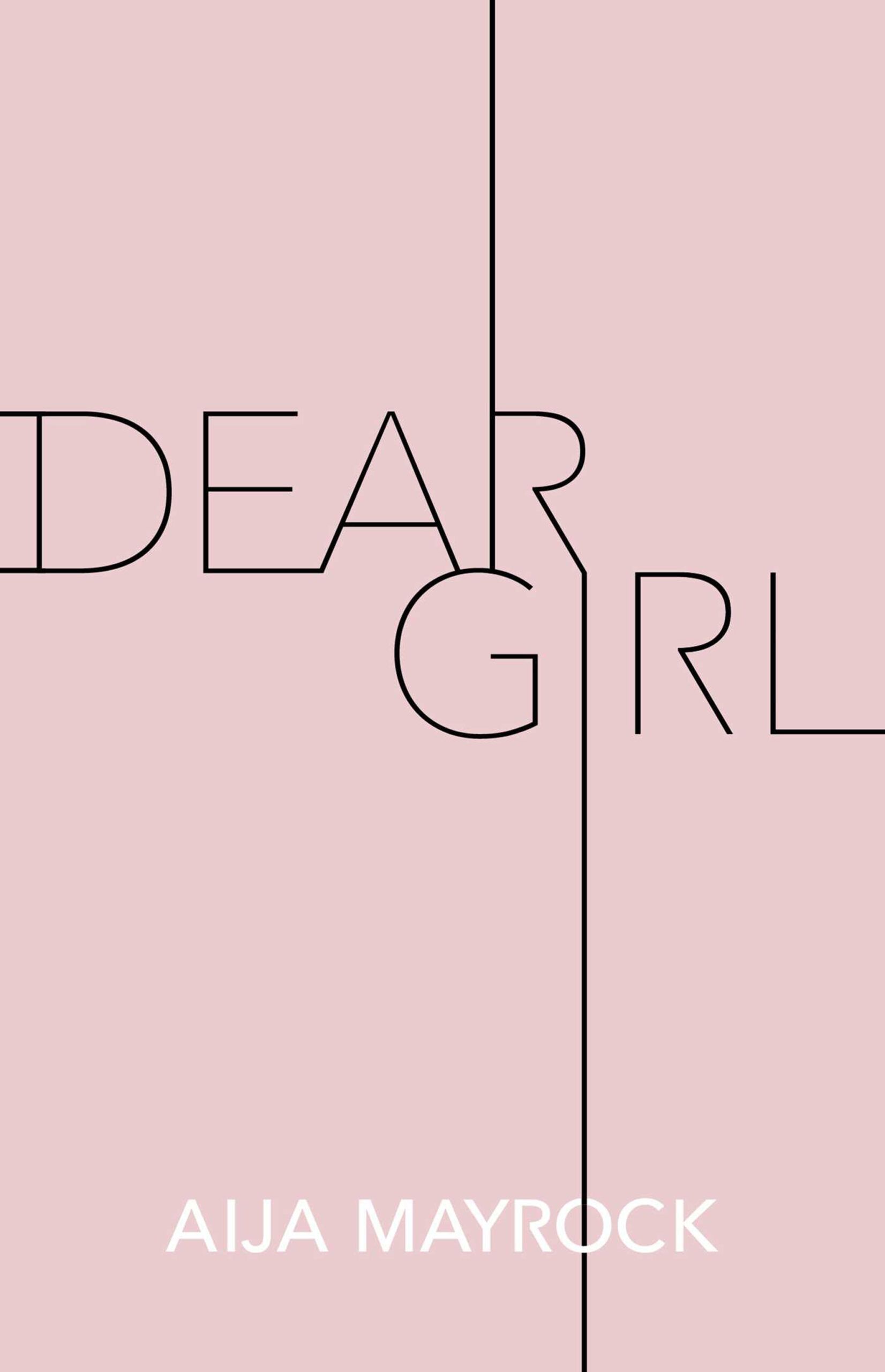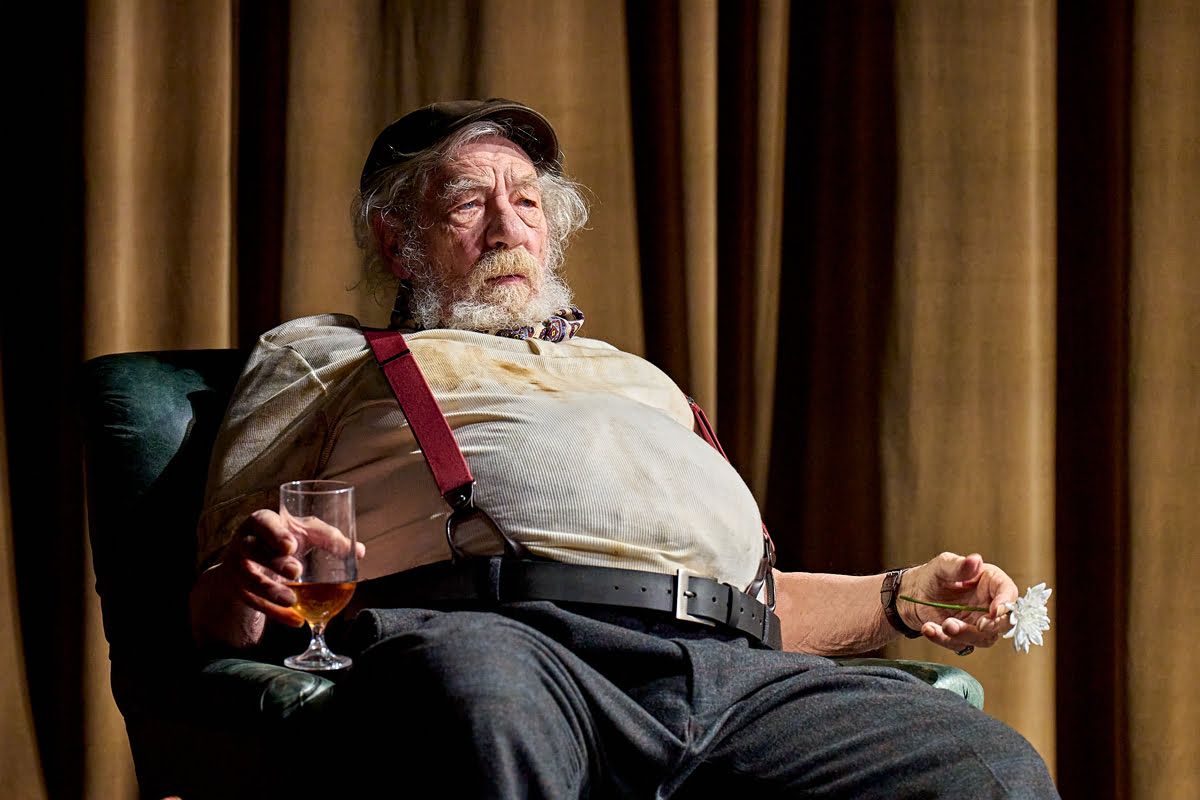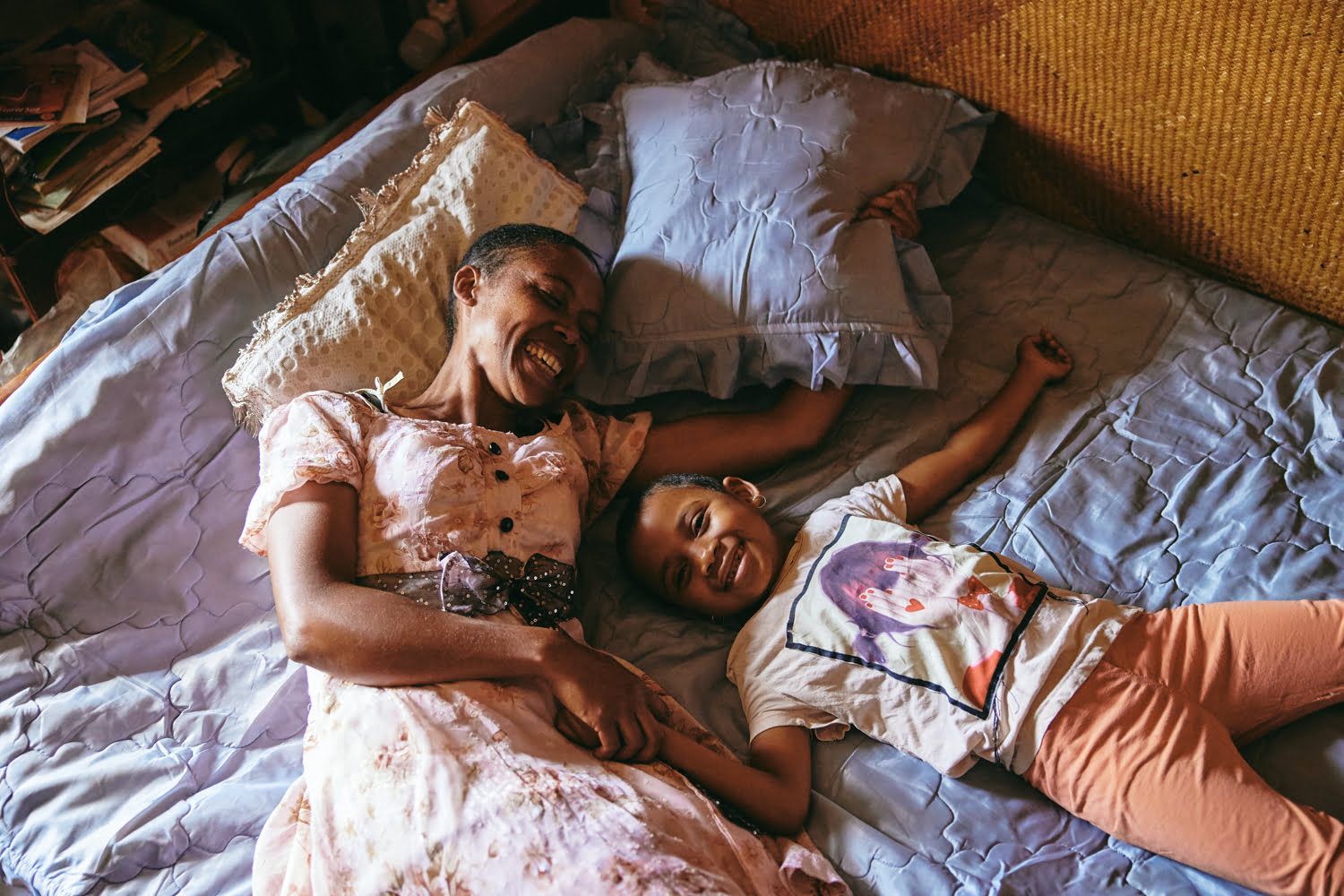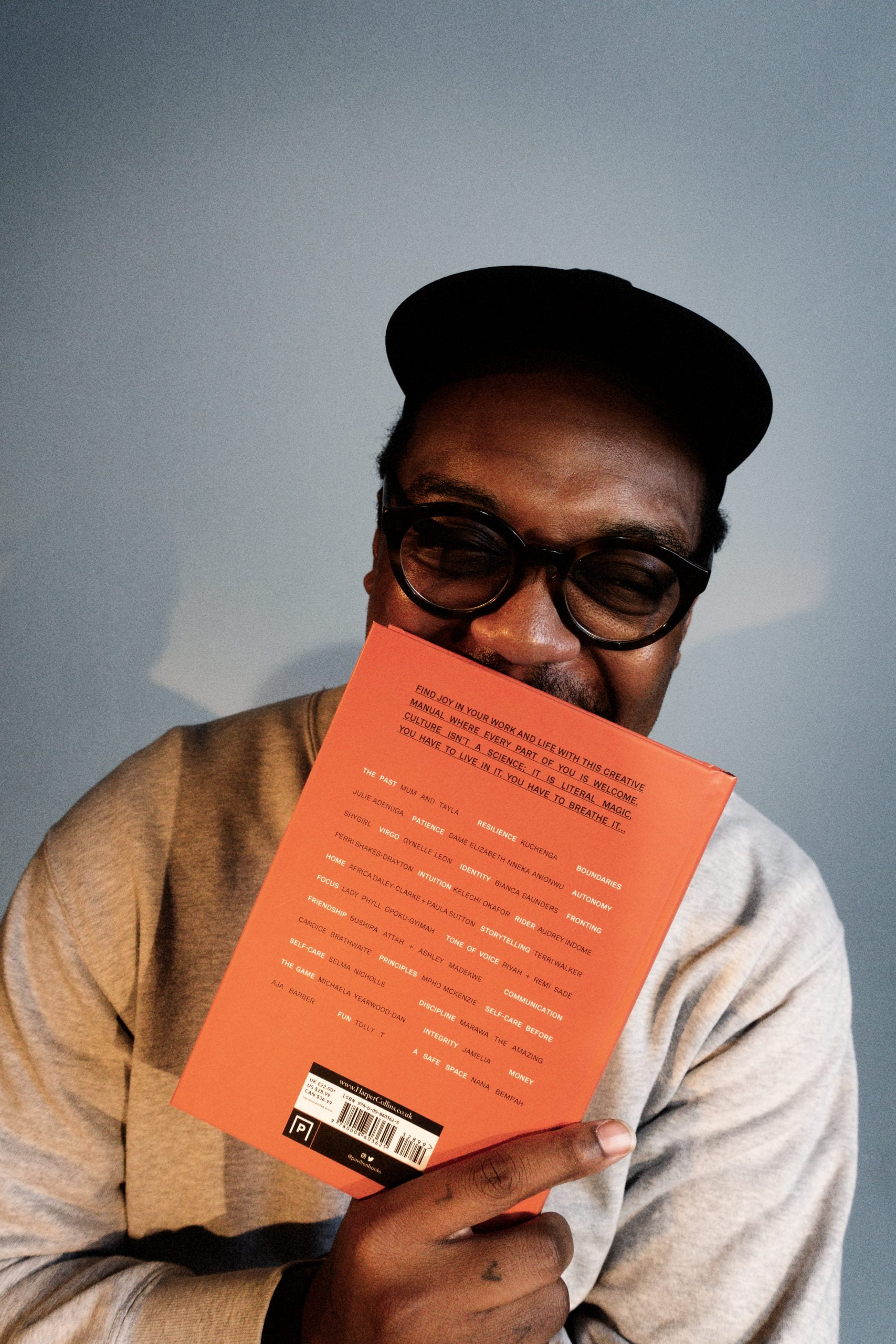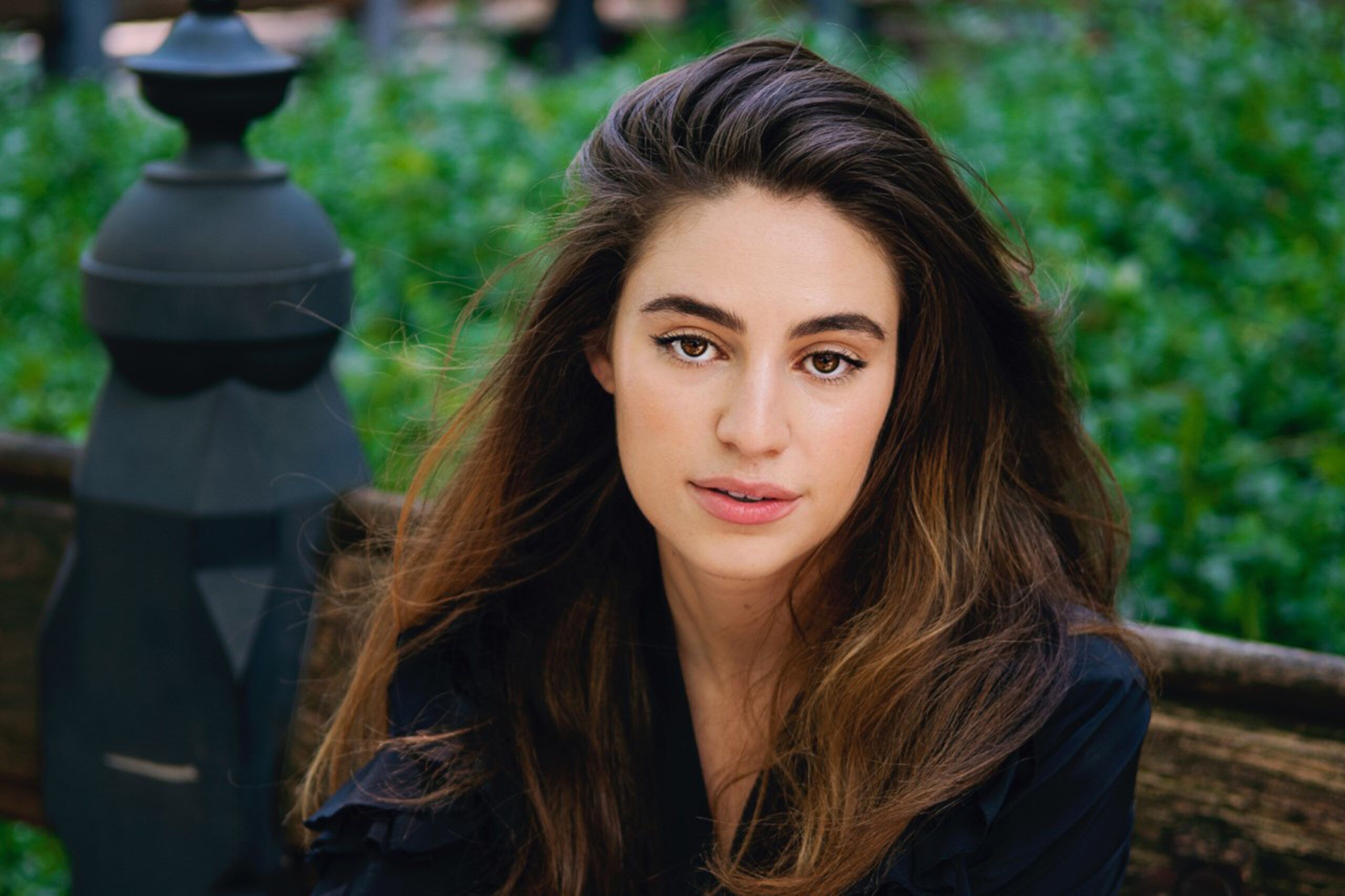
Aija Mayrock
Aija Mayrock doesn’t mince her words.
In her newly published poetry book, ‘Dear Girl’, the 24-year-old feminist poet writes with courage and candor, whether denouncing a pervasive rape culture and urging society to believe survivors or smashing the stigma surrounding menstruation and celebrating resilient women ‘warriors’. Her poems are uplifting love letters to individuals of all genders and generations, inspiring them to embrace vulnerability, transform pain into power, and love generously.
The multitalented Mayrock — who rose to fame after writing the international bestseller ‘The Survival Guide to Bullying’ at age 16, and has partnered with nationally recognized names and brands like Alessia Cara and Saks Fifth Avenue — has just dropped the ‘Dear Girl’ audiobook, which showcases her gift for spoken word poetry. In performance videos that have garnered millions of views, Mayrock delivers words of resistance and empowerment with confidence, clarity, and poise.
Days before her audiobook release, Aija spoke with us about the importance of broadcasting traditionally marginalized voices, her drive to help others discover their ‘flame’, and the beauty of never growing up.
How, when, and why did you learn to write poetry and perform spoken word poems?
I had always felt like the barrier to entry to be a poet or to write poetry was really high, and I never thought that that was something that anyone could really do. And so, I was writing poetry but not really calling it that. When my first book [‘The Survival Guide to Bullying’] was published, I started going around the US and speaking to students and teachers and communities, and I would tell my story through a 10-minute poem. It was something that really resonated with everyone, and it was something I really fell in love with. Then I started writing about a variety of issues, not just bullying but also mental health, gender equality, female empowerment, all sorts of things. People that read my work or heard me perform called it poetry, and I was like, ‘Alright, I guess that’s what I’ve been doing for all of these years.’ It’s been a really, really cool process and something that I just keep falling more in love with.
Going back to your first book, can you give us a bit of background on how your personal experiences with bullying, and the profusion of bullying in general, motivated you to write ‘The Survival Guide to Bullying’?
I started getting bullied when I was eight years old. I used to have a lisp and a stutter, and the bullying started with the way I spoke, and then it became about all sorts of other things. It was kind of like a snowball effect, and as I was getting older, social media really became like social currency, so I went from dealing with bullying just at school to it being 24/7 and anonymous cyberbullying, which is obviously what kids today deal with all the time.
When I was 15, I saw that there were so many young people around the world in the news that had taken their lives because of bullying and I was so angry… I just wanted to show young people that that wasn’t the answer and that they could get through it, and so I started writing my book. I wrote it at the beginning in kind of like a diary fashion, and as a way to express and heal myself, and I didn’t really think that several years later it would actually be published.
Moving on to your new book, ‘Dear Girl’, one of the things that’s really cool about it is that you format your poetry in a letter-like way, whether you’re writing to ‘girl’, ‘mother’ or ‘first love’. How and why did you decide to do that?
I wrote my first poem in that format in 2018, and it was called ‘Dear Girl’, and that poem inspired the book. [‘Dear Girl’] was just a letter to anyone that had experienced anything where they were silenced, put down, or taken out of their power and [were] looking to step into their power to reclaim their voice. It’s one of my favorite poems, and from there, I thought about creating a collection where every single poem in the book would be a letter to someone along that journey, trying to find their power, their flame. There’s one to ‘dear girl’, ‘dear boy’, ‘dear first love’… I wanted there to be that umbrella where it could be very deeply personal to everyone reading it.
A lot of the themes that you touch on in ‘Dear Girl’ are feminist. You talk about female solidarity, resisting rape culture, beauty standards… I really appreciate that, and I’m wondering how and when you developed your feminist conscience or your eye for gender equality?
I have identified as a feminist and had that eye for gender equality almost all my life. I don’t know that I was [always] able to recognize it or put a label on it, because [like bullying] when I was younger, it just wasn’t talked about the same way it is now… But when I look back at my diaries from when I was like seven years old, I’m talking about very similar themes in my writing. It’s really always been a part of me, but in the last few years, especially around the time that the #MeToo movement started becoming very mainstream, I think that’s when I fell deeper into writing about it.
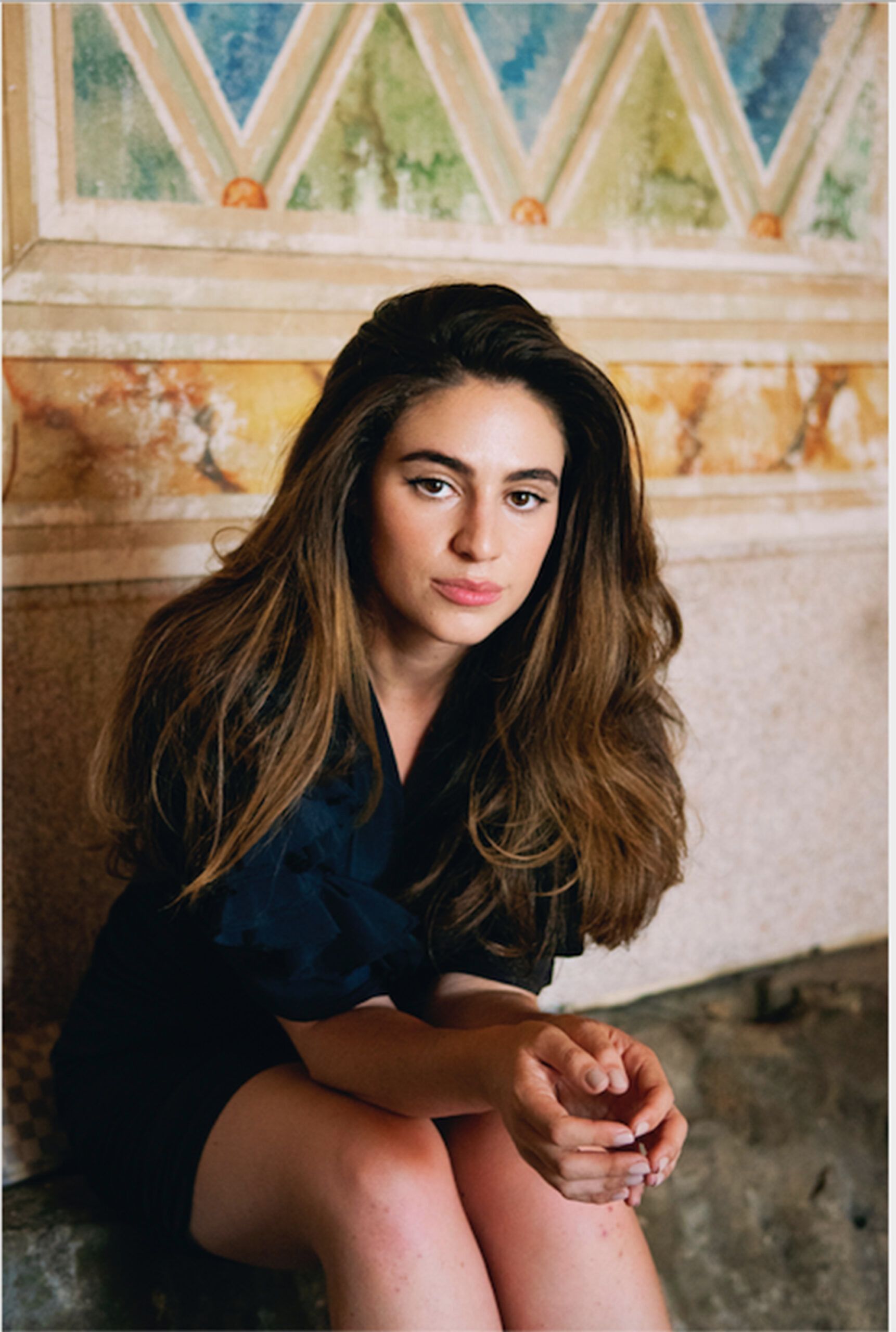
One of my favorite parts of ‘Dear Girl’ is when you say ‘White women, / show up / for your sisters of color. / Straight women, / show up / for your lgbtq+ sisters.’ As a cisgender white woman, in what ways do you ‘show up for’ your sisters of color and your LGBTQ+ sisters?
On social media, I try to… expose people that follow me to as many voices as possible so that I am not the default voice that people are listening to because obviously, that is not an inclusive or expansive viewpoint at all. I have created a permanent highlight on my Instagram that features writing, articles, resources, and action steps from Black activists and leaders. I am continuing to post, repost, and add to that highlight in order to continue to educate myself and the people that follow me while amplifying the activists and leaders and their platforms. And that’s just the beginning of it.
In my writing and poetry, I try to be as inclusive as possible so that my writing will inspire, educate and spread awareness. I, myself, am listening, learning and unlearning. My friend Brea Baker [racial and gender justice activist] created an incredible Anti-Racist Reading List for Elle, and I am currently reading the books she recommended.
That’s super important. Going off of that, a lot of your poems bring to mind or directly address current movements for racial and gender justice, like Black Lives Matter and #MeToo. I’m wondering how ‘Dear Girl’ was inspired by the current political climate, and what message you hope to send with it in the year 2020, during such tumultuous times?
I wrote ‘Dear Girl’ so long ago. A lot of the pieces I wrote three to four years ago… obviously so much has changed. But I just hope that the book and the messaging inspire people… to speak out, to speak their truth, to step into their power, and especially with the political climate, to continue their activism and to make that a part of their everyday lives.
In ‘Dear Girl’, there are also themes of childhood, adolescence and adulthood, and there’s a moment where you write ‘grow wiser, grow deeper, but never grow up.’ From your perspective, what is lost when children grow up and what is gained when they never do?
Oh wow, that’s a really good question! [For youth], I think that there is this kind of wide-eyed view of the world of possibility. I always think back to how young people are often at the forefront of revolutions throughout history, and so I think there is this… hopefulness and zest for a different type of future that young people have. At least in my experience, I believe it’s really important to try to keep that and cultivate it as much as you can throughout your adult life.
From working with musician Alessia Cara, to joining the Summersalt Power Suits campaign, to being featured in Saks Fifth Avenue’s ‘Fearless Women’ series, you’ve done a lot of partnerships. How did you build a brand and reach out to the mainstream via poetry and writing, which are not as widely consumed as other art forms like music and film?
To be honest, I don’t really know! I was just sharing my poetry for a while online without working with any sort of brands or anything like that. When I worked with Alessia Cara, that was when I wrote my first book and she has songs that are around bullying and mental health and kindness, and so that was a really natural fit and we worked with Disney on that.
And then in terms of brands more recently, through just writing poetry around all sorts of different topics and sharing it on social media, different brands reached out and whenever it was something that I really believed in or it was a really good fit, then we collaborated and got creative together and it’s been really fun. But I didn’t really set out to do any of that, so I can’t really tell you how I did it. It just kind of happened over the course of many, many years.
You’ve spoken about the importance of young people bonding with their parents and how that can help them navigate bullying. In ‘Dear Girl’, you write about your relationship with your own parents, so I’m wondering if you can talk more about your relationship with them, and how they’re important to both your life and your career?
Yeah! So just to add, when I wrote about reaching out to your parents with bullying, I actually say adults and I say create a Top Five list of the adults in your life that you can go to and you can trust because sometimes parents don’t listen, [or] sometimes there isn’t a parent there. When it comes to bullying and mental health, I really believe it’s [important to have] adults in your life that you can go to.
In terms of my relationship with my parents, I’m really lucky that I have been able to go to them and talk with them about bullying and mental health and different things that I needed help with along the way. It did take many years for me to figure out how to ask for help or how to have those conversations. I am just really grateful that I have been raised by them and that they have given me the wisdom and the growth to become the person and writer I am.
Which female writer inspires you, and why?
A female writer that really inspires me is Maya Angelou. I think that she’s absolutely brilliant, and her poetry is incredible. [I appreciate] what she stood for and her activism. She has done so much for people, civil rights and the world.
What is one poem — and it can be written by any poet from any era — that empowers you, and why?
It’s so hard for me to pick, but I do have a book that my grandma passed down to me: ‘The Essential Rumi’ [by Jelaluddin Rumi]. I bring this book with me everywhere and I read it every single day. I don’t have a favorite poem from it, but that book is really, really important to me.
You’ve done writing and speaking, and you’ve even dabbled in screenwriting. Moving forward, which artistic mediums do you hope to pursue and related to that, five years from today, what do you want your career to look like?
I would love to write for all sorts of platforms, places and fields. I want to write for films and TV, books, plays and maybe even songs. All of that is what I would really dream of. And in five years from today, I would love to write a TV show. I think that would be really, really cool.
interview by Leah Cates
For more information on Aija Mayrock, visit www.aijamayrock.com.
To order ‘Dear Girl’, click here.



